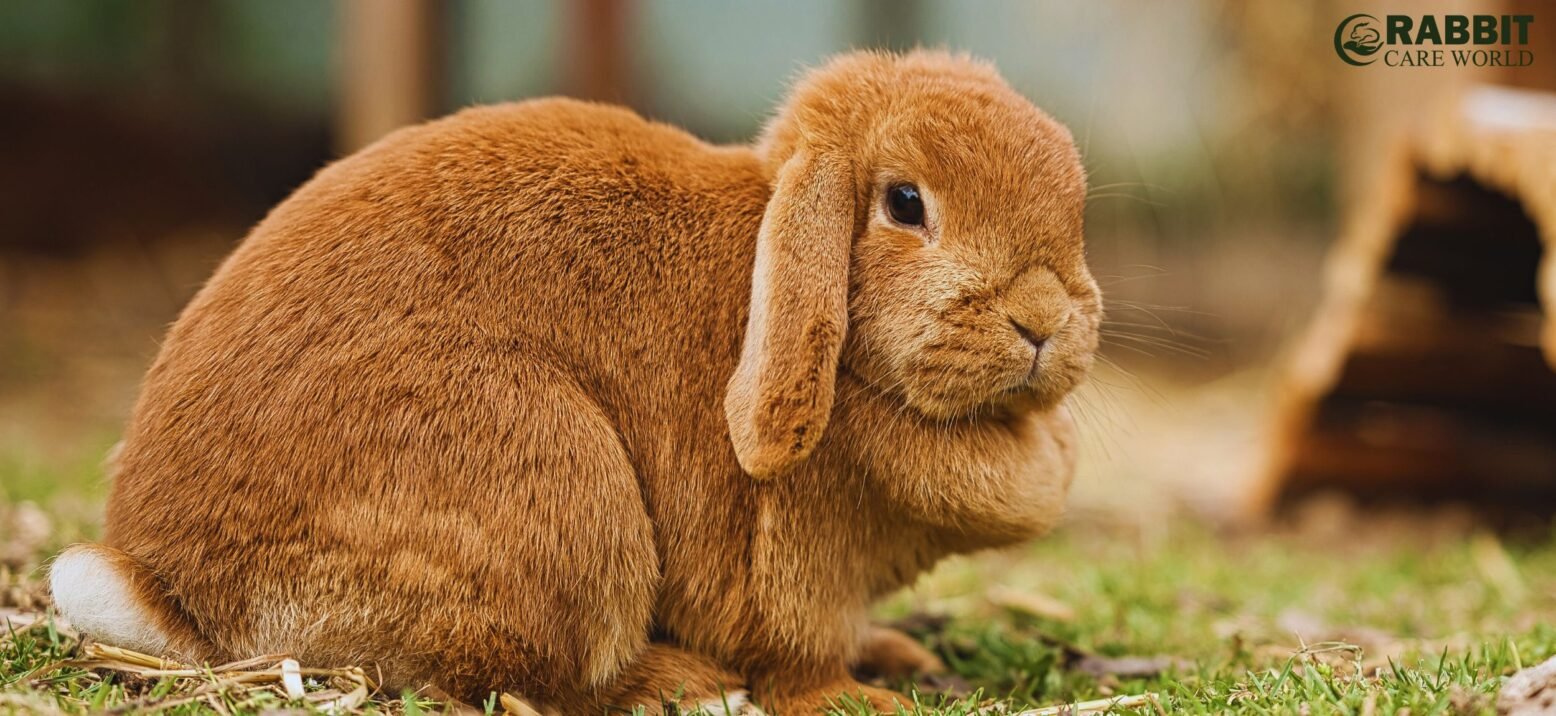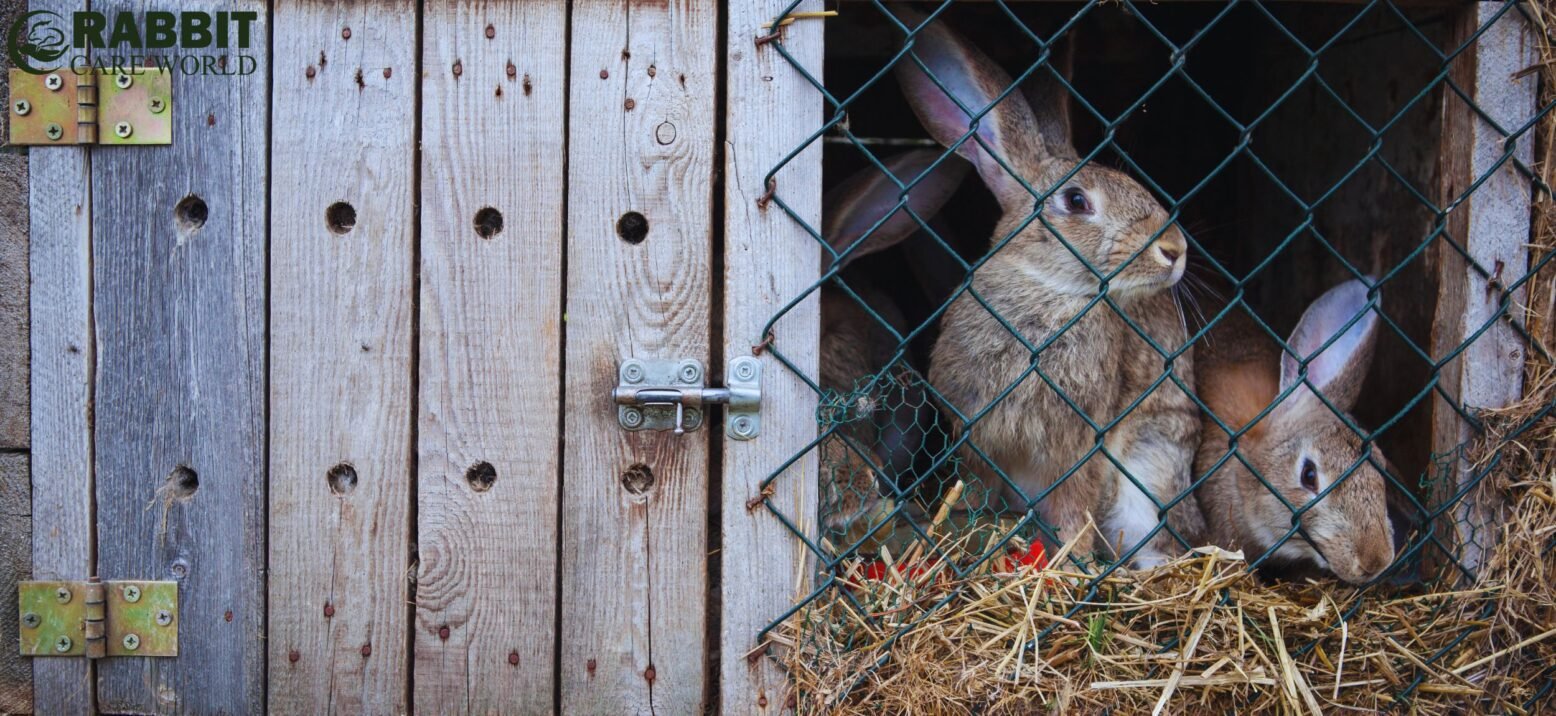Inquiring: Do Rabbits Need Dark at Night? Yes, rabbits need some darkness at night. Darkness helps them maintain a natural sleep cycle.
Rabbits are crepuscular creatures, meaning they are most active during dawn and dusk. In the wild, they rely on natural light cycles to regulate their behavior and sleep patterns. Providing a dark environment at night mimics their natural habitat, promoting better health and rest.
Artificial light can disrupt their sleep, causing stress and potential health issues. Creating a cozy, dark space for your rabbit at night can enhance their well-being and ensure they feel safe and secure. In this blog post, we will explore the reasons why darkness is important for rabbits and how you can create the perfect nighttime environment for your furry friend.
Table of Contents
ToggleRabbit Vision And Light Sensitivity
Understanding rabbit vision and their sensitivity to light is crucial for their well-being. Rabbits have unique eyes that function differently from humans. This impacts their need for darkness at night.
How Rabbits See

Rabbits have large eyes on the sides of their heads. This gives them a wide field of vision. They can almost see 360 degrees around them. This helps them detect predators easily. Unlike humans, their vision is adapted for low light conditions. This means they can see well at dawn and dusk.
Rabbits are crepuscular animals. They are most active during twilight hours. This unique vision helps them find food and avoid predators during these times. They do not see colors as vividly as humans. They see a world more in shades of green and blue.
Impact Of Light On Rabbit Eyes
Rabbits’ eyes are very sensitive to light. Bright lights can stress them out. Constant exposure to bright light can harm their vision. It can cause discomfort and even lead to eye problems. Rabbits prefer dim lighting as it is more comfortable for their eyes.
Providing a dark or dim environment at night is important. It helps them feel safe and reduces stress. A rabbit’s natural habitat provides darkness at night. Replicating this in a home environment is beneficial. Ensuring they have a dark place to retreat is crucial for their health.
Here is a simple table to summarize the key points:
| Aspect | Detail |
|---|---|
| Field of Vision | Almost 360 degrees |
| Color Perception | Mostly green and blue shades |
| Light Sensitivity | High; prefers dim light |
Natural Rabbit Behavior
Understanding natural rabbits behavior helps pet owners create a suitable environment. Rabbits are unique creatures with specific needs, especially regarding light and darkness. Knowing their habits can ensure their well-being.
Nocturnal And Crepuscular Habits
Rabbits are not purely nocturnal. They are crepuscular. This means they are most active during dawn and dusk. During these times, they hop around, forage, and play. They rest during the day and night. This behavior mimics their wild ancestors.
How Rabbits Adapt To Darkness
Rabbits have adapted well to darkness. Their eyes are suited for low-light conditions. They can see well at night. Their whiskers also help them navigate in the dark. These adaptations help them feel safe and secure. Providing a dark environment at night aligns with their natural behavior.
Creating A Comfortable Environment
Rabbits need a space where they can feel safe and relaxed. This environment should cater to their natural behaviors and preferences. Proper lighting is crucial for their well-being. Let’s explore how to create the ideal lighting conditions for your furry friend.
Ideal Lighting Conditions
Rabbits are crepuscular, meaning they are most active during dawn and dusk. They need a balance of light and dark to mimic their natural habitat. Bright light during the day and dim light in the evening helps maintain their natural rhythms.
Too much light can stress them out, while too much darkness can make them anxious. A balance is key.
Using Artificial Light
Sometimes, you might need to use artificial light to create the right environment. Here are some tips:
- Use a soft, warm light to mimic natural sunlight.
- Ensure the light is not too bright or harsh.
- Avoid placing lights directly in the rabbit’s line of sight.
Consider using a timer to control the light exposure. This helps maintain a consistent day-night cycle.
A table lamp with a low-watt bulb can work well. Place it in a way that provides gentle illumination without causing glare.
Health Implications
Understanding the health implications of light and dark cycles is crucial for rabbit owners. Rabbits, like many animals, have specific needs for light and darkness. These needs can significantly impact their well-being. Let’s explore how constant light and darkness affect rabbits’ health.
Effects Of Constant Light
Rabbits exposed to constant light can suffer from stress. Their natural rhythms get disrupted. This disruption can lead to behavioral changes. Rabbits may become more anxious. Constant light can also affect their sleep patterns. Poor sleep weakens their immune system. Over time, this can make them more prone to illnesses.
Benefits Of Darkness
Darkness plays a vital role in rabbits’ health. It helps regulate their sleep cycles. Proper sleep leads to a stronger immune system. Darkness also reduces stress levels. Rabbits feel safer and more secure. This sense of safety promotes better mental health. Darkness helps maintain their natural behavior patterns. They are more active and playful during the day.
Sleep Patterns In Rabbits
Rabbits need darkness at night to maintain their natural sleep patterns. Darkness helps them feel safe and secure, promoting better rest. Bright lights can disrupt their sleep and cause stress.
Rabbits have unique sleep patterns that differ from humans. They need a proper environment to rest well. Understanding their sleep cycles and signs of disturbed sleep can help ensure their well-being.
Understanding Rabbit Sleep Cycles
Rabbits are crepuscular. They are most active during dawn and dusk. Their sleep patterns consist of short naps throughout the day and night. Unlike humans, rabbits do not sleep for long, uninterrupted periods. Instead, they take many short naps.
| Time of Day | Activity Level |
|---|---|
| Dawn | High |
| Day | Low |
| Dusk | High |
| Night | Moderate |
Their eyes remain half-open during sleep. This helps them stay alert to any potential danger. Understanding these cycles is essential for providing a comfortable sleep environment.
Signs Of Disturbed Sleep
Disturbed sleep can affect a rabbit’s health. Look for these signs:
- Restlessness and frequent movement
- Excessive grooming or scratching
- Changes in eating habits
- Lethargy during active hours
A rabbit might become more irritable if sleep is disturbed. Ensure a quiet, dark space for them at night. This helps them get the rest they need. Providing a secure and cozy environment improves their sleep quality. Monitor your rabbit’s behavior to catch any signs of disturbed sleep early. Proper care ensures they remain healthy and happy.
Setting Up The Rabbit Hutch
Creating a perfect environment for your rabbit is crucial. Rabbits need a safe, comfortable, and suitable space to live. Proper setup of the rabbit hutch ensures their well-being. Let’s explore the key aspects of setting up the rabbit hutch or rabbit house.
Choosing The Right Location

Place the hutch in a quiet area. Avoid high traffic zones. Ensure the location is free from direct sunlight. Excessive heat can harm rabbits. Consider a shaded spot during hot days.
Protect the hutch from wind and rain. A sheltered area works best. This keeps your rabbit warm and dry. Ensure good ventilation. Fresh air is important for their health.
Balancing Light And Darkness
Rabbits need a balance of light and darkness. Natural light is beneficial. Place the hutch where natural light is available. Avoid artificial lights at night. Rabbits need darkness to rest properly.
Cover the hutch at night to block light. Use a breathable material for covering. This ensures proper air flow. Darkness helps rabbits maintain their natural sleep cycle.
Tips For New Rabbit Owners
New rabbit owners often wonder about the best ways to care for their pets. Providing the right environment is crucial for a rabbit’s well-being. Ensuring they have a proper sleep routine is part of this. Do rabbits need darkness at night? Here are some tips for new rabbit owners.
Monitoring Rabbit Behavior
Observe your rabbit’s activity patterns. They are crepuscular, meaning active during dawn and dusk. Watch how they react to different light levels. Some rabbits might prefer a bit of light at night.
Check for signs of stress or discomfort. These can indicate your rabbit’s preferences. Look for behaviors like hiding or restlessness. If your rabbit seems calm and relaxed, you are likely providing the right environment.
Adjusting Light Based On Needs
Consider using a dim night light. This can help your rabbit feel secure without being too bright. Many rabbits feel more comfortable with a soft, gentle light.
Ensure the light doesn’t disturb their sleep. Too much light can make it hard for them to rest. Experiment with different light levels. Find what works best for your rabbit.
Keep their habitat in a quiet, calm area. Noise and activity can also affect their sleep. A peaceful environment helps them feel safe and relaxed.
FAQs About Do Rabbits Need Dark at Night
Do Rabbits Need Darkness To Sleep?
Yes, rabbits need darkness to sleep. It helps them feel safe and relaxed.
Can Rabbits See In The Dark?
Rabbits have good night vision. They can see well in low light but not in complete darkness.
How Many Hours Of Darkness Do Rabbits Need?
Rabbits need about 8-12 hours of darkness each night. This mimics their natural habitat.
Is It Harmful To Leave A Light On For Rabbits?
Constant light can stress rabbits. They need a dark, quiet space to rest properly.
Should I Cover My Rabbit’s Cage At Night?
Covering the cage can help create darkness. Ensure there’s good ventilation to keep your rabbit comfortable.
Conclusion For Do Rabbits Need Dark at Night
Rabbits do benefit from darkness at night. It helps them feel safe. Darkness mimics their natural habitat. A consistent dark environment supports their well-being. Provide a quiet, dark space for their rest. This ensures they stay healthy and happy. Remember, happy rabbits make great pets.
Always consider their natural needs. Proper care leads to a joyful rabbit.



